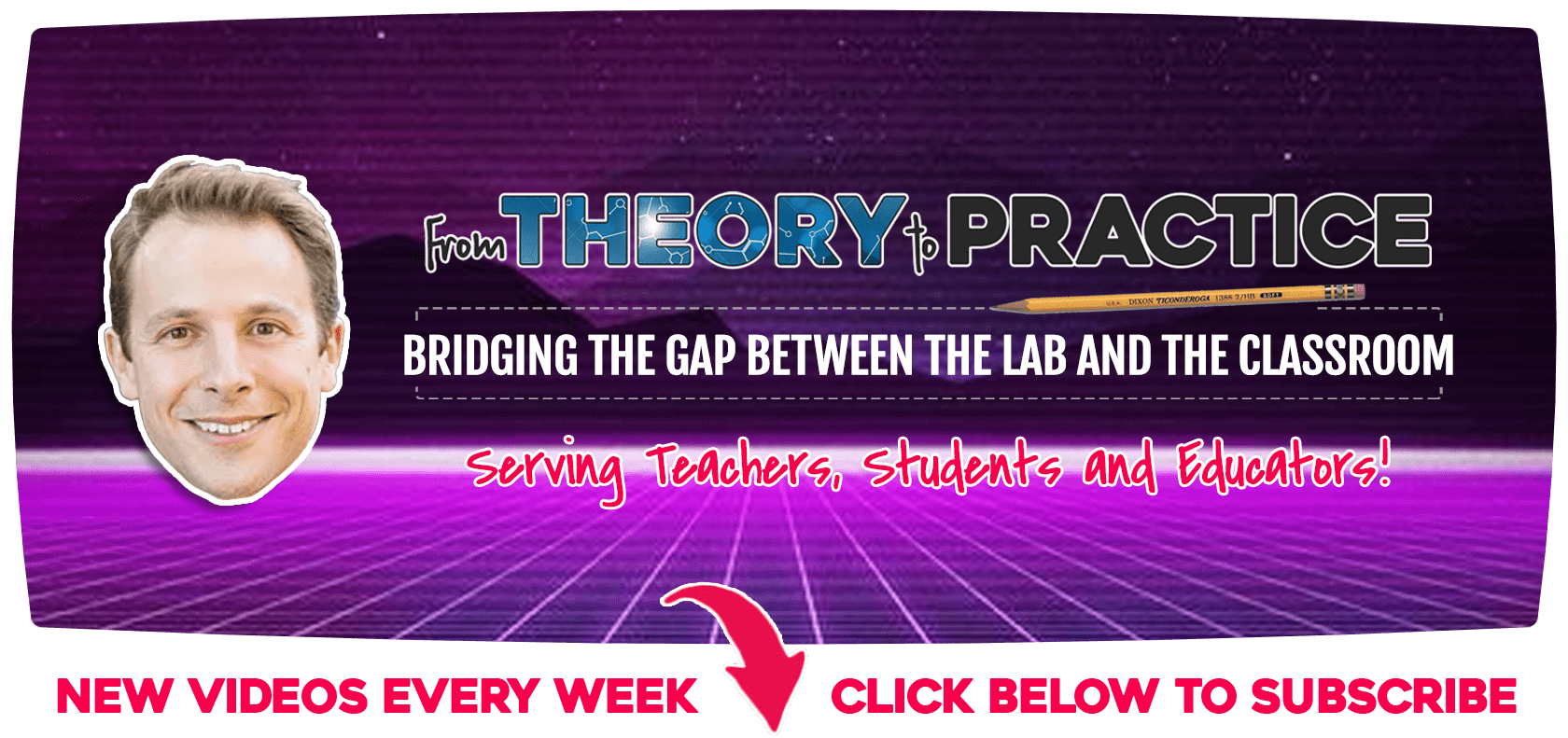
The Problem With Teaching 21st Century Skills

Jared Cooney Horvath is a globally recognized Science of Learning expert committed to helping teachers, students and parents achieve better outcomes through applied brain and behavioral science.

The Turn of the Century Skills
There’s a popular argument that has been circulating around education for quite some time which goes something like this:
‘Public schooling is a remnant of the Industrial Revolution meant to churn out efficient factory workers. But times have changed. Today, schools must do more than just build effective employees; they must forge holistic, confident citizens of the 21st century. To this end, we must ditch outdated approaches to instruction and instead teach the four competencies (termed C21 skills) most relevant to our modern world: creativity, critical thinking, collaboration and communication.’
Setting aside the specious 'remnant of the Industrial Revolution' argument, let’s take a moment to consider the origin of the so-called C21 skills.
There's no question that creativity, critical thinking, collaboration and communication are important – but who elevated these specific skills over the countless other ones that are meaningful? Why shouldn’t we instead focus most on teaching other skills like health, integrity, morality, kindness, dedication, trustworthiness, loyalty or perseverance?
As it turns out, the idea of C21 skills was conceived at a breakfast meeting held at the Adams Mark Hotel in Dallas, Texas on November 15, 2002. This breakfast was sponsored by the National Education Association, endorsed by the U.S. Department of Education, and included six primary corporate parties: AOL/Time Warner, Apple, Cisco, Dell, Microsoft, and SAP.
Following this breakfast, these corporate parties released a joint document outlining the aforementioned 21st century skills, the very first sentence of which reads:
‘Successful businesses are looking for employees who can adapt to changing needs, juggle multiple responsibilities and routinely make decisions on their own … there is an evolving demand for 21st Century Skills in our economy’.
That’s right – the C21 skills that progressive educators use to rebel against a ‘factory model’ of schooling were first identified and advocated by business interests.
Although this could be interpreted many ways, here’s the point I wish to make here: seeing as these skills were hand-picked by major corporate interests, and are explicitly emphasized by modern schools, it stands to reason that new graduates should be more ‘workplace ready’ than ever before.
However, this isn’t the case.
For example, an estimated 50% of entry-level hires don’t reach the 18-month mark of employment, while those who do last require up to 24 months before they regularly demonstrate those C21 skills that they purportedly mastered in school.
In fact, so frustrated have employers become with entry-level graduates, that many of the world’s top companies (including Apple and Google) no longer require employees to hold four-year degrees, and instead rely upon in-house processes to evaluate and develop C21 skills.
What is going on here? Why aren’t C21 skills automatically transferring from school to the workplace?
Well, that’s exactly what David Bott and I discussed during our second book launch webinar, which you can view above.
(Hint: It’s the same reason why golfing phenom Tiger Woods struggles to throw a baseball, and why ‘creative genius’ Elon Musk isn’t a particularly compelling public speaker).
Give it a watch, and let us know what you think in the YT comments section.
And, as always, if you find this video valuable, interesting and/or entertaining, you can support us by liking, sharing and subscribing to our YouTube channel ;)
Regards,

Video Transcript
[David] Dr. Jared Cooney Horvath, for those who may not be familiar with you, let me ask: who are you?
[Jared] Well good day. For those who I haven't met yet, my name is Jared Cooney Horvath, and lovely to meet you. I am a teacher turned cognitive neuroscientist, and my main purpose in life is to translate learning research and science for the classroom: what does this stuff mean for us as teachers?
And I'm here with David Bott. David, let me ask: who are you?
[David] So, my name is David Bott. I'm the associate director at the Institute of Positive Education based here at Geelong Grammar School, and I am passionate about student well-being and psychology and learning, particularly as it relates to pedagogy …
Click to view remainder of the transcript ...
Coming soon ...
Did You Enjoy This Post?
Help spread the idea by sharing it with your peers and colleagues ...

NOT ON THE LIST? Click below to join the LME Community ... and receive new Science of Learning articles from Dr. Jared Cooney Horvath every week!
You Might Also Like ...
Copyright © 2022 LME Global
6119 N Scottsdale Rd, Scottsdale, AZ, 85250
(702) 970-6557
Connect With Us
Copyright © 2022 LME Global – 6119 North Scottsdale Road, Scottsdale, AZ, 85250 – (702) 970-6557



